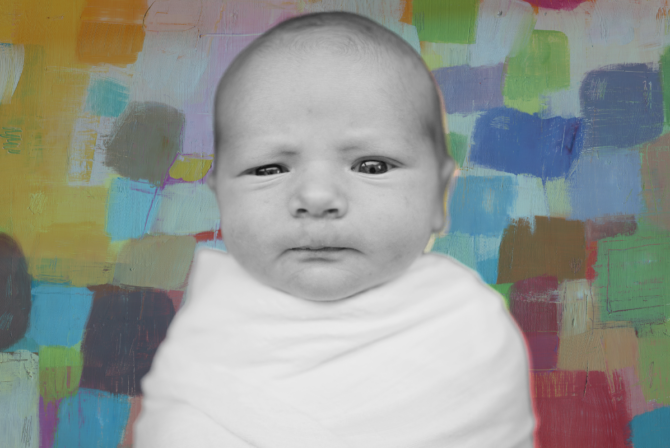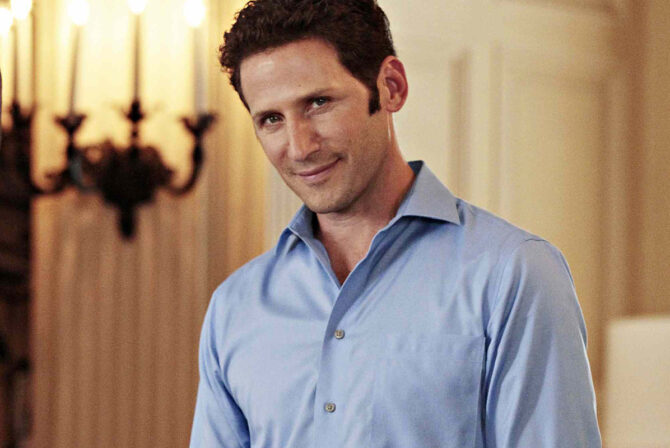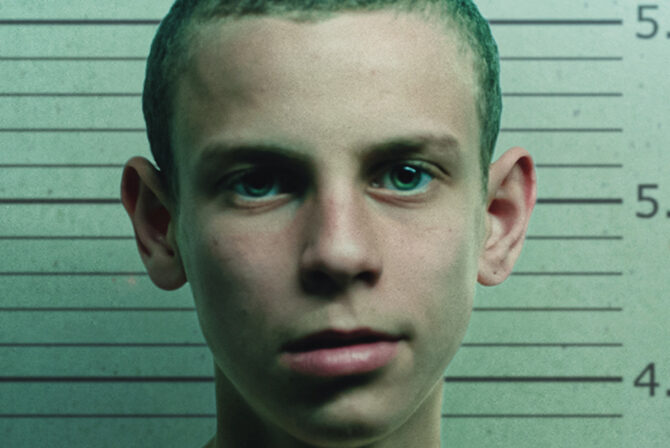This article is part of the Here. Now essay series, which seeks to de-stigmatize mental health treatment, and improve accessibility to treatment and support for teens and parents in metropolitan New York.
When Corey Monteith, the 31-year-old lead actor from the popular show “Glee,” overdosed and died in 2013, my then 11-year-old daughter started to tell me the theories that her peers were sharing with each other around middle school. She said that they were all saying that he had committed suicide because of problems rumored to be ruining his relationship with his female co-star, Lea Michele.
She and I were in the car and I seized the moment to start a conversation with her that I had waited 11 years to have. It was finally time to tell her that my mother, her grandmother, had taken her own life.
I started by explaining that none of us can ever speculate about the last moments of someone else’s life, and that we really have no right to do so. I explained that in my mother’s case, she had lived a life of sadness, having survived the Holocaust but never shaken the memories and pain of losing four of her siblings and her father to the Nazis. I kept everything as simple as I could, leaving out important details, especially the one that my mother was not alone when she was found dead in her bedroom, but that she was with a man that she had been dating who was also dead.
My daughter’s immediate reaction was to try to comfort me. She told me how sorry she was, how sad that must make me. As we were driving, she turned quiet as she began to process what I had revealed to her. I felt a great relief that a door was finally (and somewhat randomly) open to tell my daughter about her grandmother despite the circumstances.
Today she knows a bit more of the story—my mother’s teen years as a Hidden Child in Belgium; her journey to the United States; her marriage to my father; and her many, many failed suicide attempts. She has heard me speak publicly about my mother’s story as a Holocaust survivor and has also read many things I have written about her.
Earlier this year, a young man in my daughter’s high school was killed on the train tracks in our sleepy New England town just eight miles outside of Boston. Word spread quickly via social media—adults read about it on our town’s Facebook community board, and kids started using Instagram to begin the process of speculation. Did he throw himself in front of a train? Did he lay down on the tracks? Was he drunk?
The adults were just as ardent in their speculation as the kids, so much so that the Chief of Police posted a warning that unless the unfounded information and identifying information stopped, the page would be shutdown.
My daughter came home in tears and not knowing that I already knew, told me what happened. She didn’t know the young man, but word was being spread that he and his girlfriend had been fighting. I was very proud when she told me that she explained to her friends how important it was not to jump to conclusions, that they would never really know what had happened.
When it was confirmed that the young man had committed suicide, I tried to explain that he probably had a much more deeply rooted depression that lead to whatever had happened, and that most people of any age don’t resort to something as dramatic as he did.
School was closed the day after, and counselors were on hand for those who chose to take advantage of them. My daughter questioned if anything would be done to memorialize him, and other than a small makeshift pile of flowers and candles, that was it. I explained to her that in situations like this, where the death of a young person is so complicated and painful, his family might choose to keep things, like services, private.
I understand why she was so shaken by this young man’s death. Cory Monteith was a celebrity; my mother a woman she had never met. This young man was her peer, someone who ate in her cafeteria every day, who exited and entered the same school as her. He was a teenager in a relationship with a lovely young woman my daughter saw around school.
For me, mental illness has been a part of my world for a long time, but for my daughter, it was never quite in it. She is beginning to understand that mental illness is complicated, and that it effects people from many different walks of life.
I know—and love—that she will continue to turn to me to talk through these things that are so complicated and muddy. Right now, she is only a freshman in high school. There will undoubtedly be more deaths from all sorts of things—car crashes, disease, perhaps drug overdoses, and more suicides. I can’t shield her from such things, but I can help ease her pain, with or without words, just by being there and understanding the pain.

This post is part of the Here.Now series, which seeks to destigmatize mental health,
and is made possible by UJA-Federation of New York and The Jewish Board.
You can find other educational mental health resources here.
Read More:
My Daughter’s Asthma Turned Me into an Overbearing Mom, Whether I Wanted To Or Not
I’m an Orthodox Jewish Woman, But No, I Don’t Wear a Wig
My Baby Had a Seizure And I’ve Been a Mess Since







